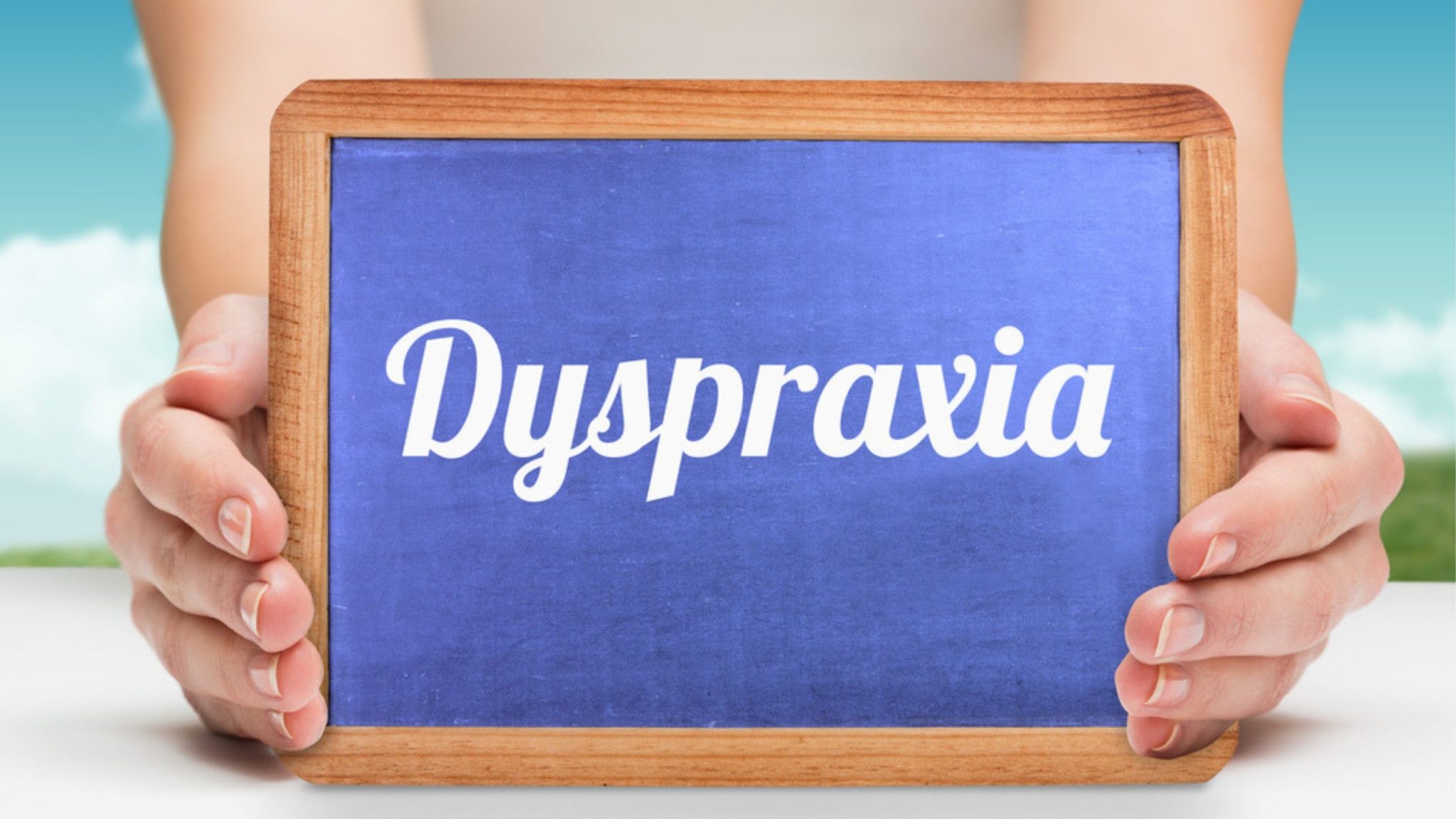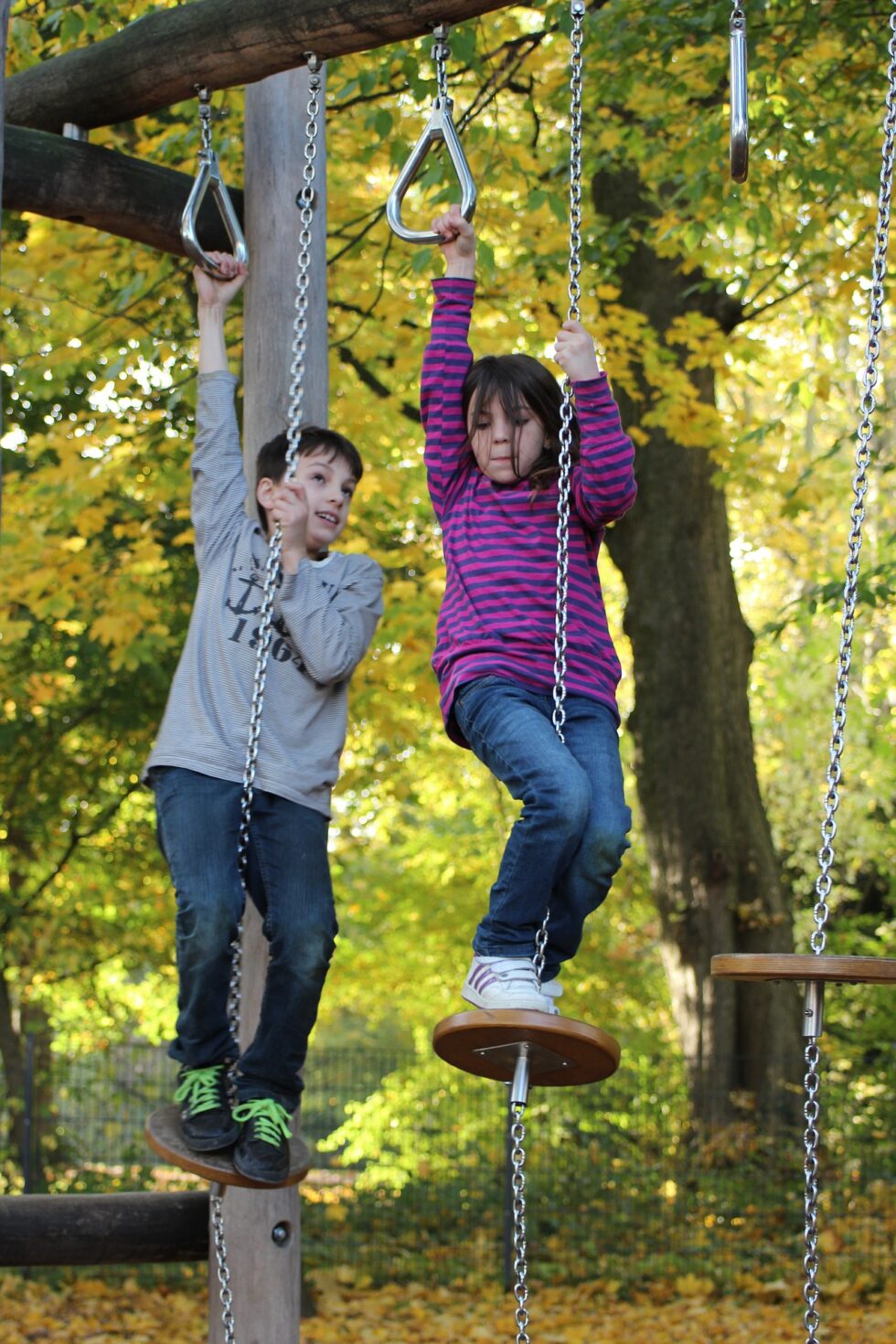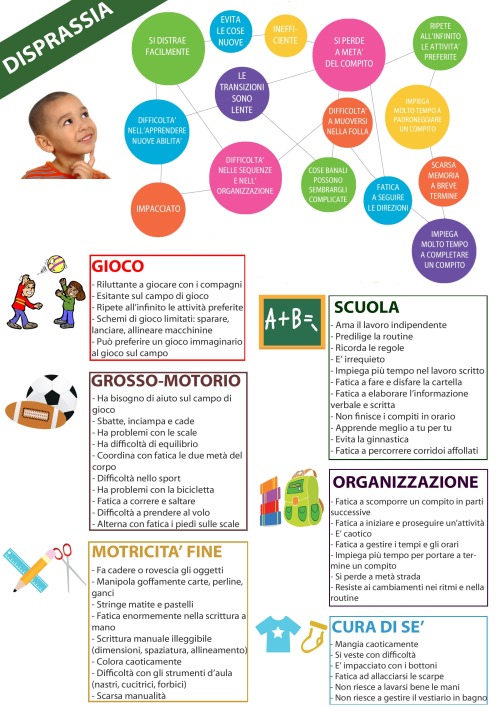Have A Info About How To Deal With Dyspraxia

The term dyspraxia has been around a long time, but it isn’t an official diagnosis.
How to deal with dyspraxia. Meet with teachers as early as possible. There’s no cure for dyspraxia (developmental coordination disorder), but different types of therapies, such as occupational therapy and physical therapy, can help children and adults with dyspraxia improve their motor skills and coordination. The term dyspraxia is frequently used to describe anyone that is a little clumsy.
It may also affect memory, judgment, perception,. That allows teachers to consider strategies to use from the start. As dyspraxic individuals often struggle with sequence organization, you can help young children to improve narrative skills by talking about their day and breaking actions down into individual steps.
Dyspraxia is generally recognised to be an impairment or immaturity of the organisation of movement and may have associated problems with language, perception and thought. Exercise to improve muscle strength. Many people with dyspraxia also find social communication difficult.
In addition, simply listening to your child and helping him or her process emotions experienced over the course of the day can be helpful. Reviewed by psychology today staff dyspraxia is a neurological disorder that affects the planning and coordination of fine and gross motor skills; 2 break actions down into steps.
At a glance dyspraxia refers to trouble with motor skills, balance, and coordination. Dyspraxia is also known as motor. 1 never make fun of them, and don't tolerate others doing so.
Have more problem with longer words. Dyspraxia is a neurodevelopmental (brain. The best time to have a conversation about dyspraxia is right before or right after the school year begins.
Both teachers and parents can work alongside adolescents to discover strategies to help them to learn and cope with their dyspraxia. Dyspraxia versus apraxia though these two terms sound familiar and are. It’s not a formal diagnosis.
Treatments people with dyspraxia have problems with movement and coordination. Be able to say a word correctly one minute, but not the next. There are many ways to improve motor skills.
These children and adults can struggle to think. It is important for all to maintain a sense of humour and perspective when things go wrong, which they will from time to time, and to focus on strengths and abilities. Education equity identifying and supporting students with dyspraxia dyspraxia affects fine and gross motor development and can make it difficult for kids to learn, but there are ways teachers can help.
Remember that they are trying their hardest and that staying fit is more important than being able to make a hoop or catch a ball. If you are wondering about a dyspraxia diagnosis for someone close to you, or you are wondering if you might be dyspraxic yourself, there are some signs that may help determine whether or not you or your loved one has the condition. It does not affect intelligence, but it can affect some cognitive skills.


















